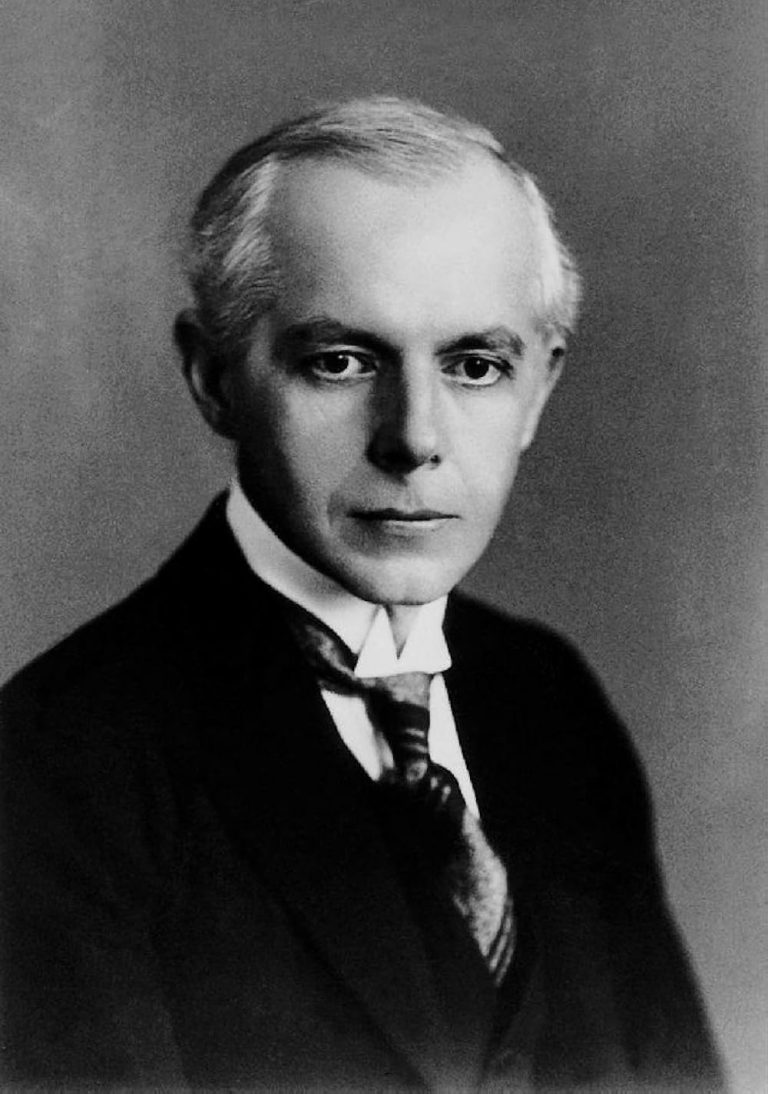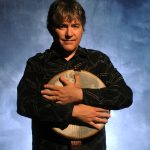Date of Birth: March 25, 1881
Zodiac Sign: Aries
Date of Death: September 26, 1945
Biography
Béla Bartók was a Hungarian composer, pianist, and ethnomusicologist, widely considered one of the most influential musicians of the 20th century. Born on March 25, 1881, in Nagyszentmiklós, Hungary (now Sânnicolau Mare, Romania), Bartók showed early signs of musical talent. His mother began teaching him the piano at a young age, and he quickly became proficient. He studied at the Royal Academy of Music in Budapest, where he met fellow composer Zoltán Kodály, who became a lifelong friend and collaborator. Bartók’s early works were influenced by the Romantic style, but his discovery of Hungarian folk music profoundly impacted his compositional style. He and Kodály traveled extensively throughout Hungary and neighboring countries, collecting and recording thousands of folk songs. This ethnomusicological work significantly influenced his compositions, infusing them with rhythmic vitality and modal harmonies inspired by folk traditions. Despite facing political turmoil and personal challenges, including the rise of fascism in Europe and his eventual immigration to the United States in 1940, Bartók continued to compose prolifically. His works include orchestral pieces, piano solos, string quartets, and stage works such as ballets and operas. Bartók’s music is characterized by its complexity, rhythmic innovation, and incorporation of folk elements. Bartók spent his final years in the United States, where he continued to compose and perform. He passed away on September 26, 1945, in New York City. Today, Bartók is celebrated as a pioneer of ethnomusicology and one of the 20th century’s most innovative and influential composers.
5 Interesting Facts about Bela Bartok
1. Bartók and his friend Zoltán Kodály are considered pioneers of ethnomusicology for their extensive collection and study of Eastern European folk music.
2. Bartók’s composition “Music for Strings, Percussion and Celesta” was famously used in Stanley Kubrick’s film “The Shining.”
3. He was a staunch anti-fascist and refused to perform in Germany or Italy during the rise of the Nazi regime.
4. Bartók emigrated to the United States in 1940, where he struggled financially and faced health issues but continued to compose significant works.
5. His last major work, the “Concerto for Orchestra,” is one of his most popular and frequently performed pieces.
5 Most Interesting Quotes from Bela Bartok
1. “Competitions are for horses, not artists.”
2. “In art there are only fast or slow developments. Essentially it is a matter of evolution, not revolution.”
3. “Folk music is the mother tongue of the imagination.”
4. “My mother tongue is the piano.”
5. “The ideal and goal of all music is to achieve the greatest possible effect with the simplest possible means.”
Highest Net Worth Achieved
Béla Bartók’s highest net worth is not well-documented, but it is known that he faced financial struggles, especially after emigrating to the United States.
Children
Béla Bartók had two sons. His first son, Béla Bartók Jr., was born in 1910 to his first wife, Márta Ziegler. His second son, Peter Bartók, was born in 1924 to his second wife, Ditta Pásztory. Peter Bartók later became a recording engineer and managed his father’s estate.
Relevant Links
1. [Béla Bartók on Wikipedia](https://en.wikipedia.org/wiki/B%C3%A9la_Bart%C3%B3k
2. [Biography of Béla Bartók – Britannica](https://www.britannica.com/biography/Bela-Bartok
3. [Béla Bartók – AllMusic](https://www.allmusic.com/artist/b%C3%A9la-bart%C3%B3k-mn0000069252
4. [Béla Bartók: A Brief Biography – Bartok Music](http://www.bartokmusic.com/biography/index.php
5. [Béla Bartók – The Guardian](https://www.theguardian.com/music/bela-bartok

